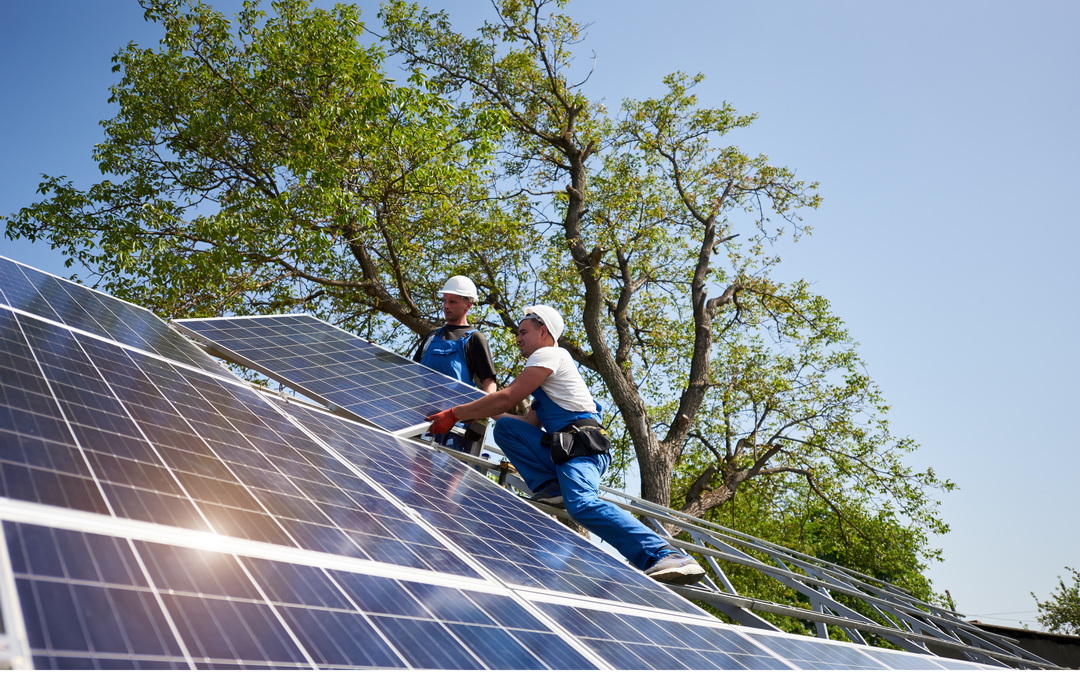In recent years, there’s been a growing interest in renewable energy, particularly solar power. With government incentives and increasing environmental awareness, many have been considering installing their own renewable energy systems. As Meeker Co-op strives to be your trusted energy advisor, I want to shed light on some key aspects of this important decision.
First, let’s understand what we’re talking about. Renewable energy systems installed by individual consumers, such as solar panels and wind turbines, are known as distributed energy resources (DER) or distributed generation (DG) systems. Properly connecting these systems to the grid is crucial for ensuring the safety and reliability of our electric infrastructure.
One of the central concepts in this discussion is net metering. In Minnesota, net metering statutes allow you, our valued members, to generate electricity using solar or wind energy systems. Not only can you offset your electric usage, but you can also sell any excess energy back to us.
However, it’s essential to understand the impacts of net metering on Meeker Cooperative. By law, we’re obligated to pay you for excess energy at the average retail rate, which is higher than what we pay our wholesale energy suppliers. This discrepancy raises questions about the sustainability of net metering programs and their impact on the fairness and equity of energy costs for all members.
Expanding on this, the financial implications are significant. Paying members for excess energy at retail rates can strain the Cooperative’s finances, potentially leading to increased costs for non-participating members. This raises concerns about fairness and equity within the cooperative community.
Moreover, there are broader implications for grid stability and reliability. As more members adopt distributed energy resources, managing the balance of supply and demand on the grid becomes increasingly complex. Net metering can exacerbate these challenges by introducing variability in energy generation, requiring careful management to ensure grid stability.
Furthermore, there is a growing inquiry into the necessity of incentives for distributed generation (DG) systems, given Minnesota’s legislation aiming for a carbon-free electrical grid by 2040.
Balancing the promotion of renewable energy adoption with the need for grid stability and equitable cost-sharing poses a significant policy challenge.
Meeker Cooperative aims to assist members in navigating the complexities of renewable energy adoption. Through communication and adherence to established interconnection processes, the Cooperative strives to foster a collaborative approach to distributed energy resources.
At Meeker Cooperative, we work hard to earn your trust and connect with you as your trusted energy advisor. If you are planning or thinking of installing a DG system, please do not hesitate to contact us. We can walk members through the process of getting interconnected to its grid so that you will know the procedures and expectations upfront.
Meeker Co-op follows the Cooperative Minnesota Distributed Energy Resources Interconnection
Process for all interconnections.
Members can visit Meeker Co-op’s website at www.novapowerportal.com/Home/Index/5 to access information on the interconnection process.
As a co-op, we exist to deliver safe, reliable, and affordable electricity to everyone on our system. You and your fellow consumer members share in the cost to purchase, operate, and maintain the equipment that makes electricity available. We work diligently to keep our rates fair and equitable to all. We aren’t opposed to renewable energy, but we need to find a solution that lets all of us share in the benefits and the costs. If you are considering installing a solar or wind system, please feel free to call Meeker Co-op’s energy services representatives at 320-693-3231.

